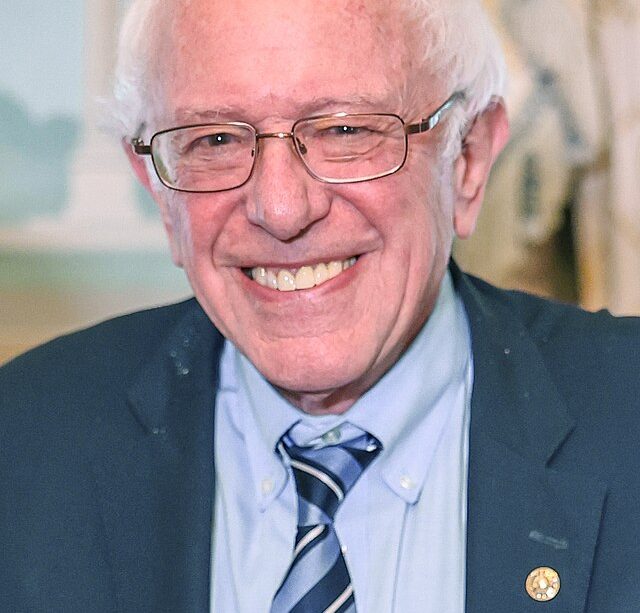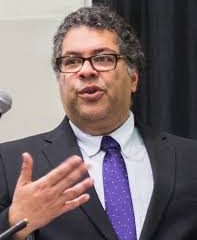Bernie Sanders: A Legacy of Progressive Politics

Introduction
Bernie Sanders, a prominent figure in American politics, has become synonymous with progressive ideologies. His advocacy for universal healthcare, wealth inequality, and climate action has sparked significant conversations across the U.S. and beyond. As a senator from Vermont, Sanders has positioned himself not just as a political leader but as a symbol of grassroots movements aimed at reshaping contemporary American policies. This article delves into Sanders’ latest initiatives, his influence on the Democratic Party, and what the future may hold for his political crusade.
Current Initiatives
As of late 2023, Bernie Sanders continues to champion issues such as Medicare for All and the Green New Deal. Despite the challenges posed by a divided Congress, Sanders remains steadfast in pushing the narrative surrounding healthcare reform, arguing that the COVID-19 pandemic has revealed deep cracks in the current system. He advocates for a single-payer healthcare model, claiming it would lower costs and improve health outcomes. In recent interviews, Sanders emphasized that the U.S. needs to learn from countries with successful healthcare models to better serve its citizens.
Influence on the Democratic Party
Sanders’ influence on the Democratic Party is notable, particularly in shaping the party platform during election cycles. His grassroots fundraising efforts and ability to mobilize young voters have set new standards for Democratic candidates. In the 2020 election cycle, the ideas Sanders promoted—such as tuition-free college and a $15 minimum wage—became central themes for the party. With the 2024 elections approaching, many Democratic candidates are expected to align their positions with Sanders’ progressive ideals, reflecting the significant shift within the party toward a more left-leaning approach.
Public Perception and Future Prospects
Public perception of Sanders is largely favorable among Democratic voters, but his age (he would be 83 by the next election) raises questions about his ability to run for president again. Many supporters argue that his experience and unwavering dedication to social justice make him an ideal candidate, regardless of age. Political analysts suggest that whether or not he decides to run in 2024, Sanders’ impact on American politics will continue to resonate, as the issues he champions grow in importance to the electorate.
Conclusion
Bernie Sanders stands as a pivotal figure in modern American politics, urging for reforms that aim to address economic inequalities and promote social welfare. As discussions around healthcare, climate change, and economic justice gain traction, Sanders’ role as an advocate for progressive policies underscores the shift in political discourse. His legacy is likely to shape not only the upcoming elections but also the future of American governance. Voters and politicians alike must pay attention to the narratives Sanders promotes, as they represent the aspirations of many who seek a change in their political landscape.





